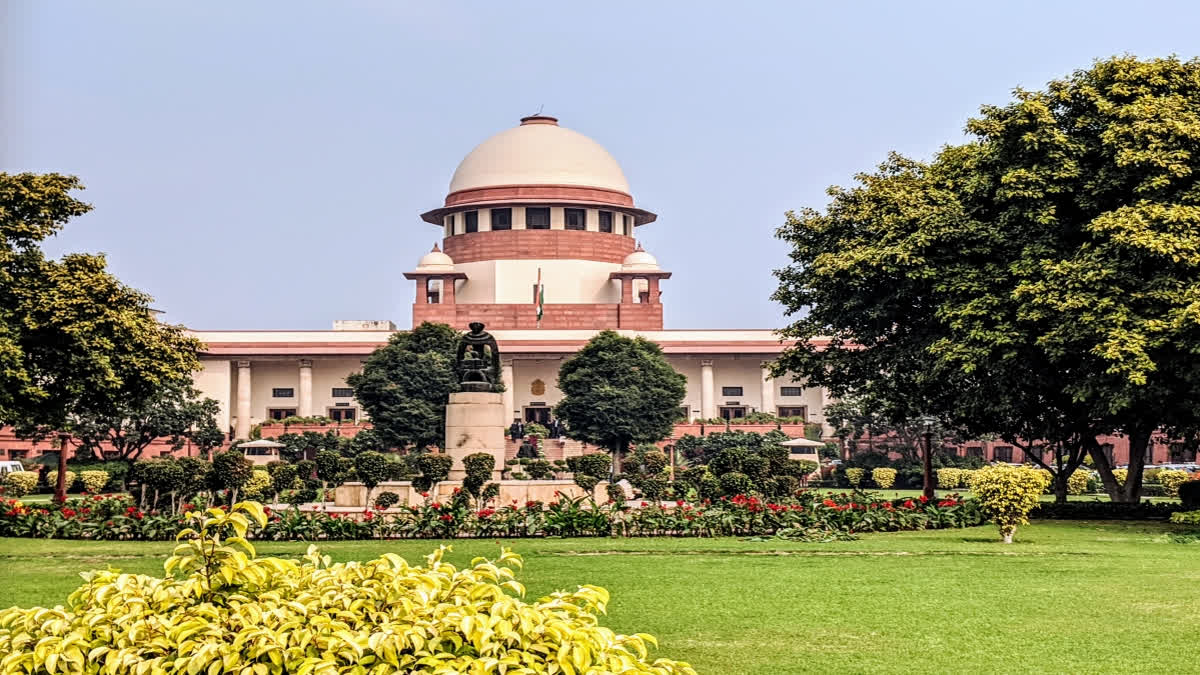New Delhi:In a setback for the Centre, the Supreme Court registrar has declined to accept the government's plea for allowing the administrative allocation of spectrum in some special cases.
The apex court's registrar, judicial listing, refused to receive the Centre's miscellaneous application (MA), "as it does not disclose any reasonable cause for being entertained".
In 2012, the apex court ruled that frequencies had to be auctioned as they were a national resource in the 2G spectrum allocation case. The Centre, pressing from exemption from the auction method, moved the top court seeking modification of its verdict in the 2G spectrum case, saying there is an urgent requirement for clarification and this will be crucial for achieving the objectives of national security, safety, and disaster preparedness, as well as enable the government to realise the full potential telecommunication, to best subserve the common good.
The registrar said the government was seeking a review of the 2012 order "in the guise" of seeking clarifications and there was no "reasonable cause" for entertaining the plea and that too after a lengthy period of time. The registrar declined to receive the Centre's application under the provisions of Order XV Rule 5 of the Supreme Court Rules, 2013.
The registrar's order said that from a perusal of the prayer made in the MA, it is clear that the applicant intends to seek for review of the order passed by the apex court in the guise of filing the present application.
The Centre's application urged the apex court to issue appropriate clarification that the government may consider the assignment of spectrum through the administrative process if determined through due process in accordance with the law. "And if such assignment is in pursuit of governmental functions, or public interest so requires, or auction may not be preferred due to technical or economical reasons," said the application.
The application said the assignment of spectrum is required not only for commercial telecommunication services, but also for non-commercial use for the discharge of sovereign and public interest functions such as security, safety, disaster preparedness, etc., "Such non-commercial use would squarely fall within the scope of subserving the common good," it added.
The application said: "There are also specific sui generis categories of usage owing to the characteristics of the spectrum, or the nature of use, or international practices etc., in respect of which auctions are not technically or economically preferred or optimal".
The Centre said that in certain situations, economics do not favour auctioning as demand is lower than supply or due to technical conditions such as spectrum for space communication, "where it would be more optimal and efficient for spectrum to be shared by multiple players…".
The apex court, in its judgment delivered on February 2, 2012, had quashed 2G spectrum licences given to various firms during the tenure of A Raja as the telecom minister in January 2008.
